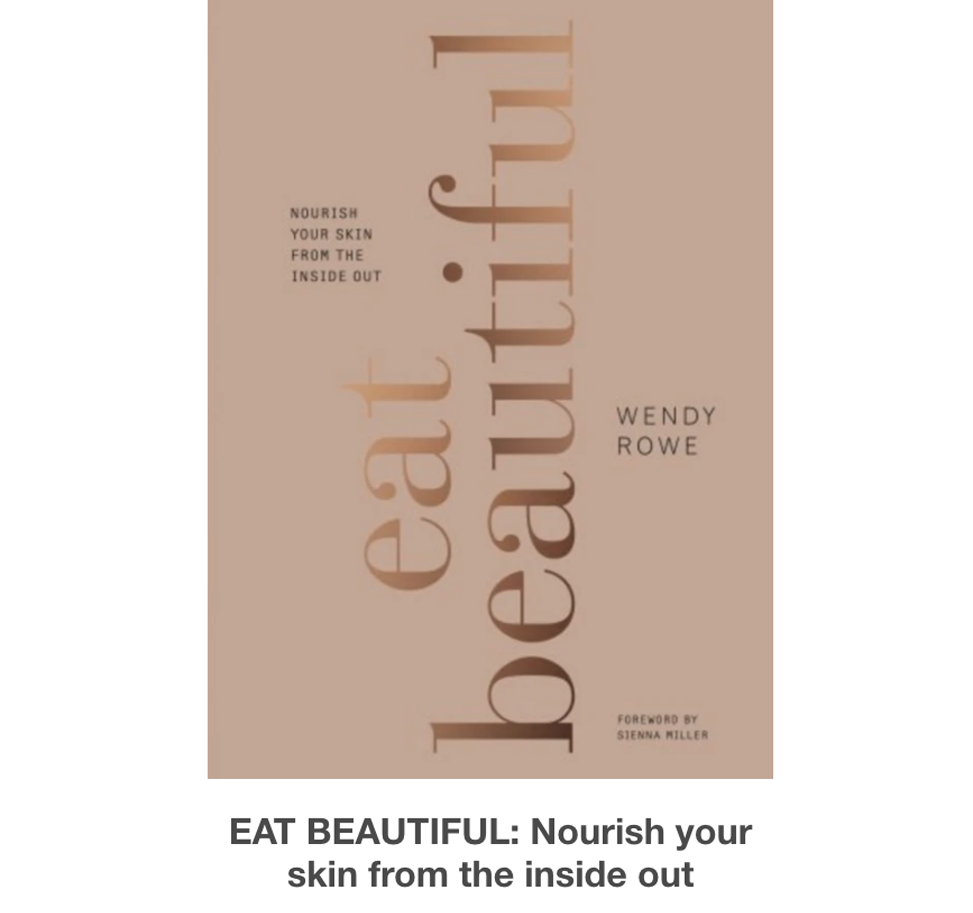
Juicing has become a wellness staple, with promises of glowing skin, rapid detoxification, and a nutrient boost. But is juicing really that good for you? Let’s talk about the real benefits and drawbacks of juicing, especially when it comes to getting gorgeous, glowing skin. In my book Eat Beautiful you’ll find a lot of information about the benefits of eating fresh, seasonal fruit and vegetables to nourish the skin from within. And juicing is a great way to get ingredients like apples, kale, and spinach, which are packed with antioxidants, vitamins, and minerals that support radiant, healthy skin, into your diet. Apples, for instance, provide vitamin C and quercetin, which help boost collagen and protect against UV damage, while kale delivers vitamins A, C, and K for skin elasticity and repair. A plant-rich diet supports not just your complexion but your overall health. However, many of these foods are best enjoyed in their whole form to maximise their benefits, including fibre (as found in the skin of an apple for example) for digestion and skin clarity. So, should we be juicing?

The Benefits of Juicing
Juicing can offer some advantages, particularly for those who struggle to eat enough fruit and vegetables. Studies show that juicing increases your intake of vitamins, minerals, and antioxidants, nutrients that are crucial for heart health, immune function, and skin vitality. Drinking juice can also be a convenient way to consume a wider variety of seasonal fruit and veg, potentially supporting cardiovascular health by increasing nitric oxide levels, which helps lower blood pressure. A lot of people report improved skin, hair, and energy levels after adding fresh juices to their routine, and research has shown that even a small daily serving of vegetable juice can help people meet their recommended intake of vegetables.

What About The Drawbacks?
Despite its benefits, juicing is not the perfect solution. As mentioned above, one worry is the removal of fibre during the juicing process. Fibre is essential for digestive health, helping to regulate blood sugar, and supporting a healthy gut microbiome. Without it, juices, especially those made from fruit, can cause spikes in blood sugar, which may contribute to inflammation and skin issues over time.
Studies have found that a three-day juice-only diet can disrupt the balance of bacteria in the gut and mouth, increasing populations linked to inflammation and cognitive decline. While these changes appear to be temporary, the long-term effects of frequent juice cleanses are still unknown. It’s also worth remembering that juicing does not provide protein or healthy fats, both of which are vital for skin structure, hormone balance, and energy, so starting your day with a green juice and then moving on to healthy, balanced meals, might be a better approach to including juices in your diet.
Seasonal Fruits For Juicing
Read this post for more details on the benefits of some of the current seasonal fruits for juicing. Cucumber is a great base for juices, and adding healthy fats like avocado or banana can add more balance to your blend. Meanwhile, kiwi and strawberries are high in skin-friendly Vitamin C.
READ NEXT: Skin-Friendly Spring Fruits | Skin-Friendly Fruits To Try In Your Juice
© Wendy Rowe. All Rights Reserved.













